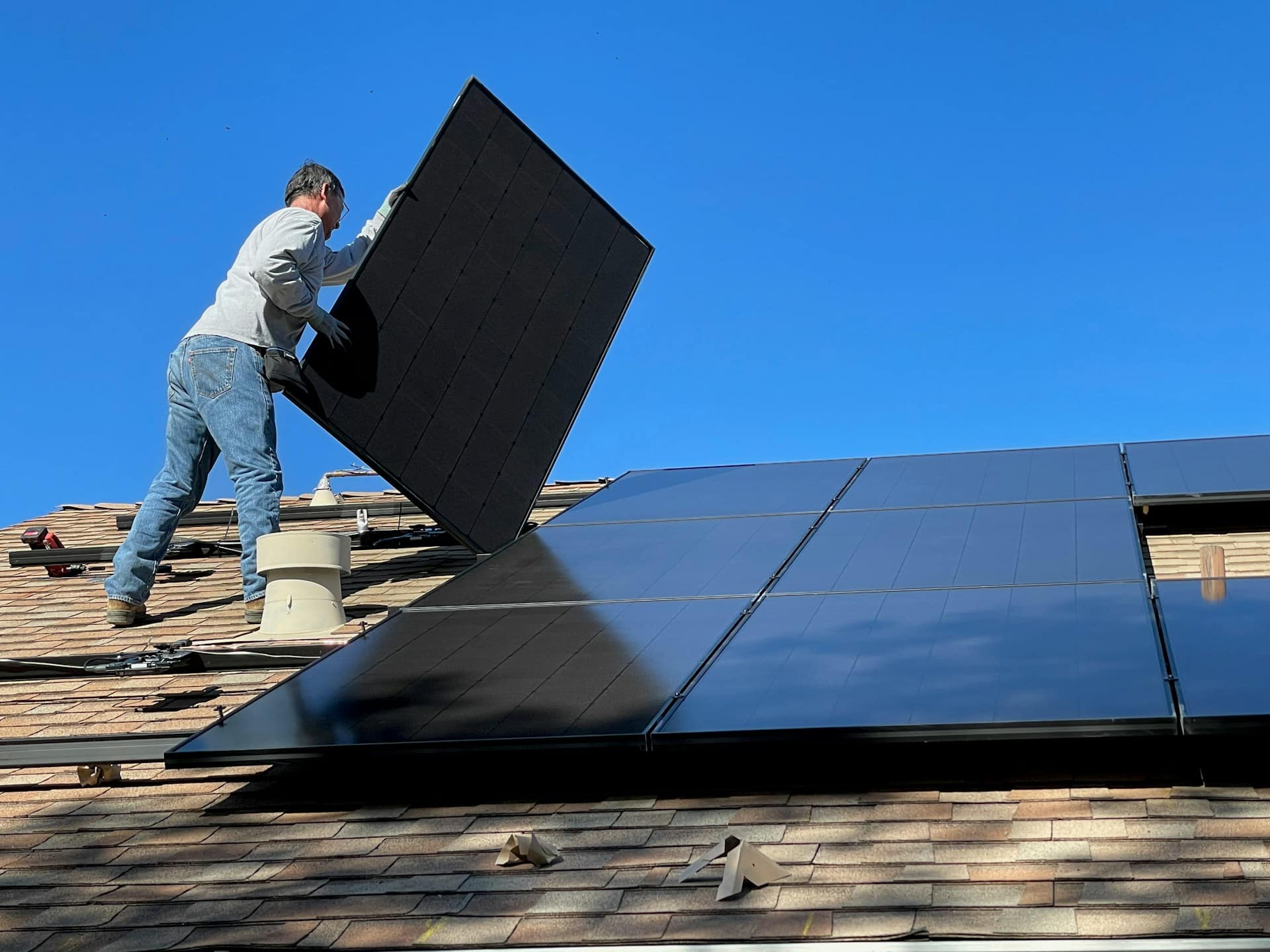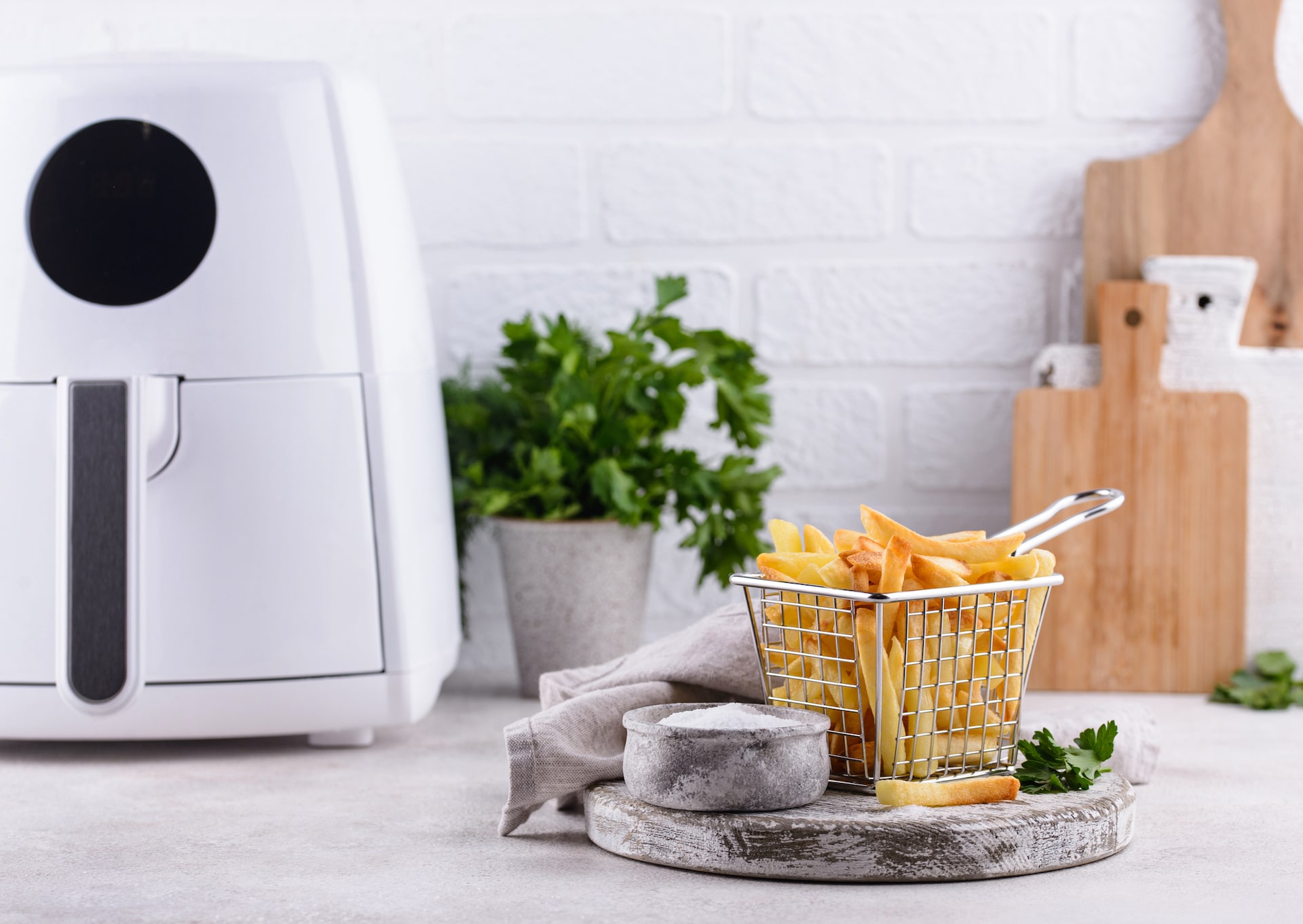This article may contain affiliate links. We may receive a commission for purchases made through these links. Privacy Policy.
With more people seeking natural remedies to treat illness and stress, CBD has soared in popularity over the last several years.
It’s being sold as oil, capsules, gummies and even shows up in body cream. So what does it actually do for you?
Scientific studies for CBD are still in their infancy. But early studies and anecdotal evidence have supported its effectiveness for treating:
- Anxiety
- Pain
- Loss of appetite
- Nausea
- Inflammation
- Insomnia
- Seizures
And while further research is needed, initial studies suggest that CBD may also:
- Have anti-cancer properties
- Help with auto-immune diseases
- Help with neurological disorders such as Alzheimer’s
- Help with cardiovascular dysfunction
But for all its touted benefits, many of us are still in the dark about CBD. What is it? How does it work? Will it get you high?
If you’re feeling dazed and confused about this new darling of the wellness world, we’ve put together a beginner’s guide to CBD to help you out.
We’ve covered everything from what it is to how and works and if it’s really and truly legal. Here’s everything you need to know about CBD to get your journey started.
CBD and THC
CBD (Cannabidiol) and THC (Tetrahydrocannabinol) are both active compounds found in the Cannabis sativa (marijuana plant). CBD can also be found in hemp, a close relative of the Cannabis sativa that contains no to low THC.
So what’s the difference? While both chemicals have significant therapeutic benefits, CBD is not psychoactive in the same way that THC is. In other words, CBD won’t make you feel “high.”
However, it’s a misconception to think that CBD has no mood-altering qualities.
For example, a person struggling with anxiety may find that a moderate dose of CBD calms them down. And while they don’t feel stoned, obviously they are experiencing a positive effect on their psyche.

How Does CBD Work?

The human body has what’s called an Endocannabinoid System (ECS) that regulates functions such as sleep, pain, sensitivity and immune system responses. It’s interesting to note that our body produces cannabinoids of its own called endocannabinoids.
Cannabinoids from plants (or phytocannabinoids) interact with our ECS receptors in the same way our own cannabinoids do and have a variety of benefits like relief from pain, anxiety and inflammation.
In other words, the human body is naturally set up to benefit from CBD!
CBD and THC: Better Together?
While THC is misleadingly framed as the recreational part of the marijuana plant, it too has powerful medicinal qualities. Studies have already proven that it inhibits an enzyme related to Alzheimer’s disease. It also decreases nausea and can boost appetite, among many other things.
And while both compounds have positive effects when used separately, research has shown that together they actually enhance each other’s therapeutic benefits.
For example, various scientific studies have shown that THC and CBD used in combination are more effective for treating inflammation, tumors and neuropathic pain.
That being said, there are legal issues surrounding the use of THC. And many people, with good reason, want to avoid its intoxicating qualities.
To be clear, CBD has many proven benefits used on its own and can be a valuable part of your wellness approach.
But to avoid propagating any unfair myths about THC, it’s important to mention here that its benefits do extend beyond just getting “stoned.”
Hemp-Derived CBD vs. Marijuana Derived CBD

As mentioned earlier, CBD can be sourced from both hemp and what is commonly known as marijuana, its closely related cousin.
In terms of effectiveness, CBD derived from whole plant extracts of the marijuana plant has a broader range of compounds (including cannabinoids, terpenes and THC) that work in concert to provide additional benefits.
Hemp-derived CBD also contains cannabinoids and terpenes. But the range and concentration of these compounds are less. This is why many cannabis experts recommend CBD derived from marijuana.
However, because of the THC content and legal issues surrounding marijuana, CBD sourced from the plant may not be a viable option for everyone.
If you’re concerned about the THC content or the legality of CBD in your area, hemp-derived CBD is the next best option.
Because of the 2018 Farm Bill, hemp (unlike marijuana) is no longer a Schedule I controlled substance, so at the federal level, hemp-derived CBD is legal. However, because of varying state laws, there are some gray areas.
Is Hemp-Derived CBD Legal?
The answer isn’t absolutely straight forward. But the short answer is yes, under specific conditions.
CBD derived from hemp is legal under federal law so long as:
The hemp contains less than .3% THC
Adheres to the shared state-federal regulations
Is grown by a properly licensed grower
But even though hemp-derived CBD is legal under federal law, there are still a few states that closely control or prohibit its use. Before purchasing any CBD product it’s best to check its legal status in your area.
Is Marijuana Derived CBD Legal?
Under federal law, marijuana-derived CBD is NOT legal. However, if you live in a state where marijuana is approved for both recreational and medicinal use, you are perfectly within your rights to use marijuana-derived CBD.
These states are Alaska, California, Colorado, Maine, Massachusetts, Michigan, Nevada, Oregon, Vermont and Washington.
If you live outside one of these states, marijuana-derived CBD may still be legal under certain medical circumstances. In almost all cases, you’ll need a medical marijuana card. As the laws around marijuana-derived CBD are continually evolving, it’s best to check its legal status in your area.
But as of 2020, 47 states permit its use under certain medical circumstances.
In Idaho, Nebraska and South Dakota, however, marijuana-derived CBD is illegal; and even hemp-derived CBD is in a gray area.
Related: Weirdest Food From Every State [United by Strangeness]
The Different Types of CBD Oil

There are three primary types of CBD oil. Here’s what you should know:
Full Spectrum CBD
This type of CBD is extracted using the whole plant and may contain up to .3% of THC. (Please note for most people this amount of THC is not enough to make you feel “high.”)
Broad Spectrum CBD
This type of oil is also made using the whole plant but goes through an additional process to remove any trace amounts of THC that may be present.
CBD Isolate
This type of oil contains only CBD and none of the other cannabinoids, terpenes or natural compounds found in the plants.
So which is best? That depends.
According to studies, Full Spectrum and Broad Spectrum provide a higher level of relief because they use the whole plant. Broad Spectrum oil, however, has no THC. And as mentioned, its presence can make CBD more effective.
In general, the .3% of THC found in Full Spectrum oil is not enough to get you high. But if you’re sensitive to THC or concerned about legal issues or drug testing, you may want to stick with Broad Spectrum oil.
CBD Isolate also has no THC, but will not deliver the same effects of the other two types of oil because it is a single compound and has no terpenes or other natural elements that are present in the whole plant.
Another downside is that some CBD only oils are not extracted from plants at all, but rather made from synthetics in a lab. So even though the label may read “pure” or “natural,” it’s hard to know what you’re getting.
Sourcing CBD
Where you source your CBD is incredibly important. If you live in a state where marijuana is recreationally legal or have a medical card for a legalized state, you can be sure that the CBD products you buy are accountable for accurate dosage and purity.
That’s because in states where cannabis is legal it is also closely regulated.
If you source your CBD products from anywhere else, it means you’re buying products made from industrialized hemp. And industrialized hemp, as for now, is an unregulated market. That means companies that use industrialized hemp operate in a gray area with little or no oversight.
How does that affect you? It means your product could contain contaminants like mold or pesticides or not be labeled accurately for dosage. In fact, multiple studies of CBD sold online have exposed companies that misrepresent purity and dosage levels.
That’s why it’s so important to do your homework before purchasing any CBD products. Here is a list of questions you should ask before purchasing.
Questions You Should Ask Before Purchasing CBD:

Where is the hemp from?
This is the first question you should ask. Hemp grown outside of the USA is illegal here. So if the company cannot tell you where the farm is, they probably don’t know where the hemp is from.
Is it organic?
Hemp easily absorbs pesticides and heavy metals from the soil. So if you eat organic vegetables, you’ll want to take the same approach with CBD. Organic is simply healthier.
Has the company done third party testing, and are they willing to share the results?
These tests, conducted by a source outside the company, list the contaminants, solvents and percentage of cannabinoids.
If they haven’t done this testing or are unwilling to share the results, you should be suspicious of the company’s products.
Does the label list the amount of CBD per serving?
Products that are labeled hemp oil or extract may contain no CBD at all. Also, be sure they list the amount of CBD contained in each serving as well as in the bottle. You’ll need to know in order to control your dosage.

How Much CBD Should You Take?
There is actually no quick answer to the proper dosage of CBD. It will depend on how your body reacts to CBD and what you’re taking it for.
For example, preliminary studies have shown that a moderate dose is usually better than a low dose if you are treating anxiety. High doses, surprisingly, sometimes have no effect at all.
But again, everyone is different. And because of a lack of research in general, you’ll have to experiment a little to find the dosage that works for you.
The best advice is to start with a low dosage. If your symptoms improve within a week, you can hold it there. If not, slowly work your way up until you find your “golden” zone.
Before taking any CBD product it’s also important to talk to your doctor for any possible drug interactions.
Does CBD Have Side Effects?
Side effects for CBD are rare but can include lethargy, diarrhea, dry mouth or nausea.
Although unusual, people with an extra sensitivity to cannabinoids could be affected.
Different Ways To Take CBD
Because of its rise in popularity, the market has been flooded with a myriad of ways to take CBD. In the end, it will all depend on your personal tastes and lifestyle, but here are a few ways to consume CBD:
Oils/Tinctures
If your bottle is properly labeled, this is a convenient way to take CBD as it’s easy to control the dosage.
Taken under the tongue, the oil drops absorb quickly into your bloodstream as they bypass the digestive system. You can also add the tincture to drinks or food, but this will slow absorption.
Drawback: some people don’t like the taste of tinctures.
Capsules
With capsules, it’s also easy to manage your dosage. They are also tasteless which is a plus for some people.
Drawback: Because they go through the digestive system, effects may not be felt for 1 or 2 hours.
Topicals
Topicals are great for soothing and moisturizing your body. You can even combine them with other essential oils.
Drawback: Must be applied to a specific area.
Edibles
Edibles are an extremely convenient way to take CBD and usually taste great.
Drawback: Low dosage amounts, sugar, extra calories and lower bioavailability because they pass through the digestive system.
Vaping/Smoking
With vaping or smoking, you generally feel the effects within minutes.
Drawback: The effects last for a shorter time and vaping or smoking could damage the lungs.
We hope this guide has cleared some questions and confusion when it comes to CBD. Remember to do your research before purchasing any product. Never be afraid to ask questions about where the CBD is sourced, if it’s organic and third-party tested.
And if the company provides additional educational services and has guarantees about customer satisfaction, even better!
Above all, never shop purely for price. Better to spend a little more for a quality product. If the price seems too good to be true, it probably is!
You might also be interested in: An Introduction to CBD For Your Pet [What You Need To Know]
Sherry De Alba
view postSherry De Alba
Sherry is a freelance writer who worked as an actor before transitioning to an award-winner career in advertising. During a vacation to Mexico, she fell in love and never left. Sherry (aka Cherita) now spends her time bouncing between the US and Mexico writing, running, cooking, meditating and exploring lots of cool stuff on the other side of the wall.
view post








